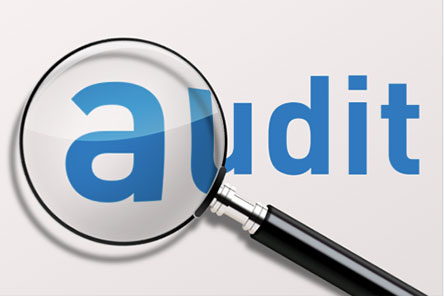There are a number of key differences between previous Irish Generally Accepted Accounting Practice (GAAP) and FRS 102. Areas where the accounting treatment is substantially different from previous GAAP include, but are not limited to:
- financial instruments, especially long terms loans;
- investment properties;
- business combinations;
- deferred tax and
- defined benefit pension schemes.
Which differences will have the biggest impact will depend entirely on the individual circumstances of each entity.
Auditors should consider at an early stage both what they should expect the entities they are auditing to be doing and also what they should be doing themselves. Auditors should take early action and examine what preparations the entities they are auditing have made for transition, if they have not done so already.
Some of the key aspects that auditors will need will do to gain an appropriate level of understanding will include the following elements of management’s implementation:
- Clarify the responsibilities of management including carrying out an analysis of the impact on the business and ensuring appropriate plans are in place;
- Establish how the transition has been handled (e.g. is the functional currency correctly identified?);
- Communicate the changes with shareholders, other stakeholders including suppliers, employees, the Revenue Commissioners and banks (e.g. how have banks established the fair values of financial instruments supplied by the bank to the company?);
- Assess the need for staff training and up to date audit work programmes and software at an early date;
- Identify differences between current accounting policies and FRS 102 and
- Identify changes in financial data and additional information (e.g. client holiday pay data) to meet the revised requirements.






